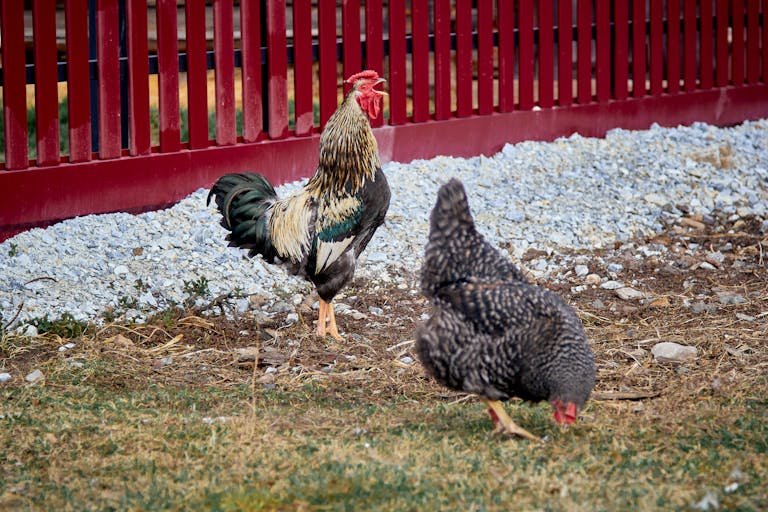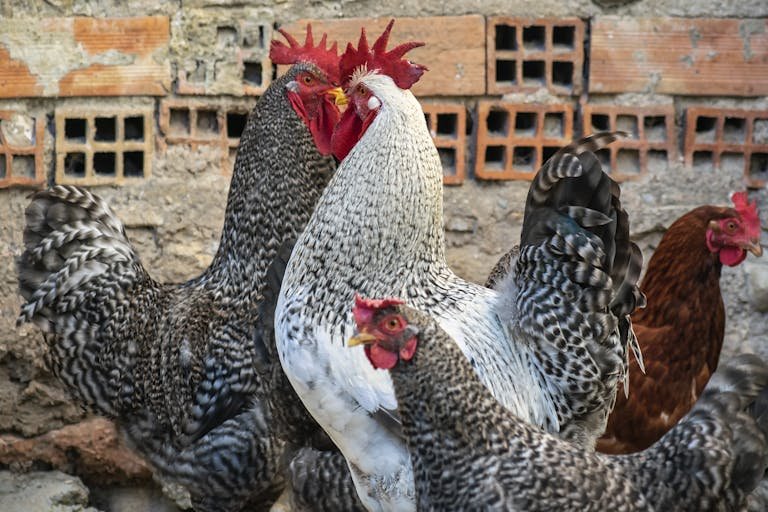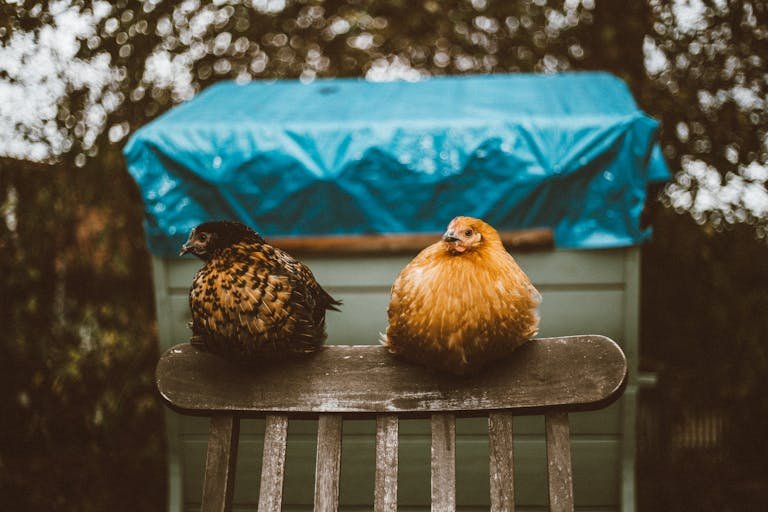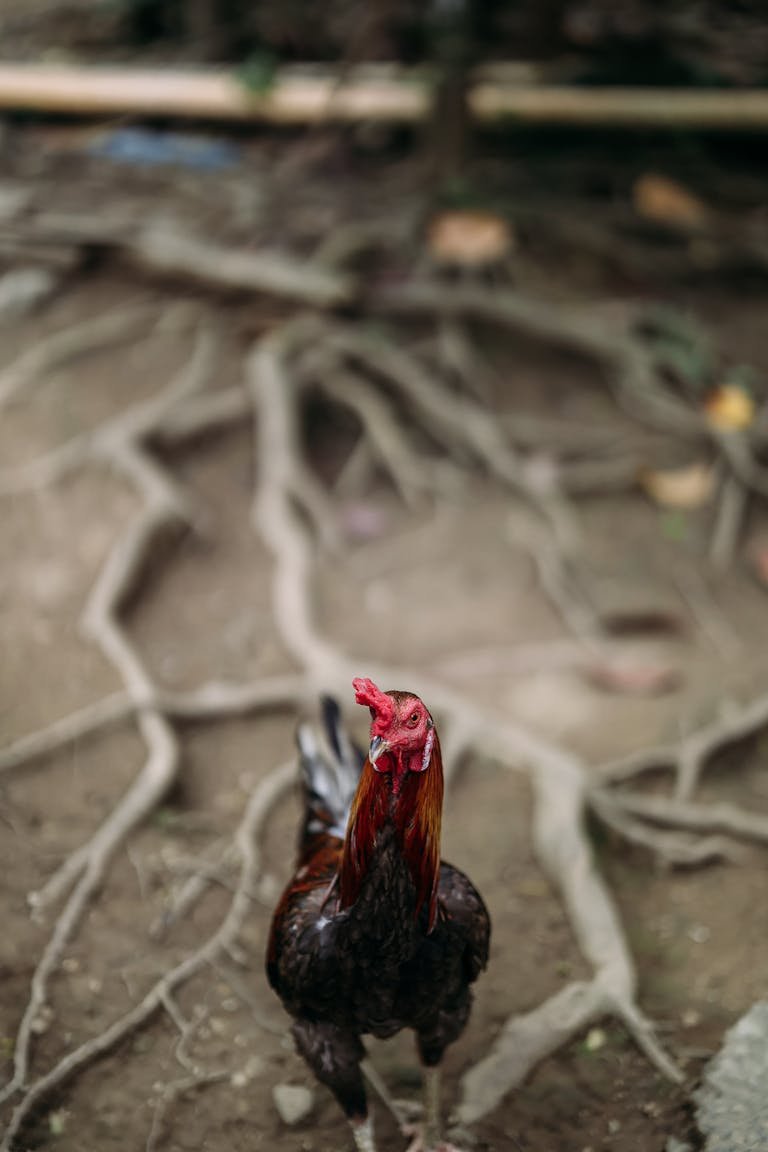How Much Water Do Chickens Drink in a Day? An Expert Guide
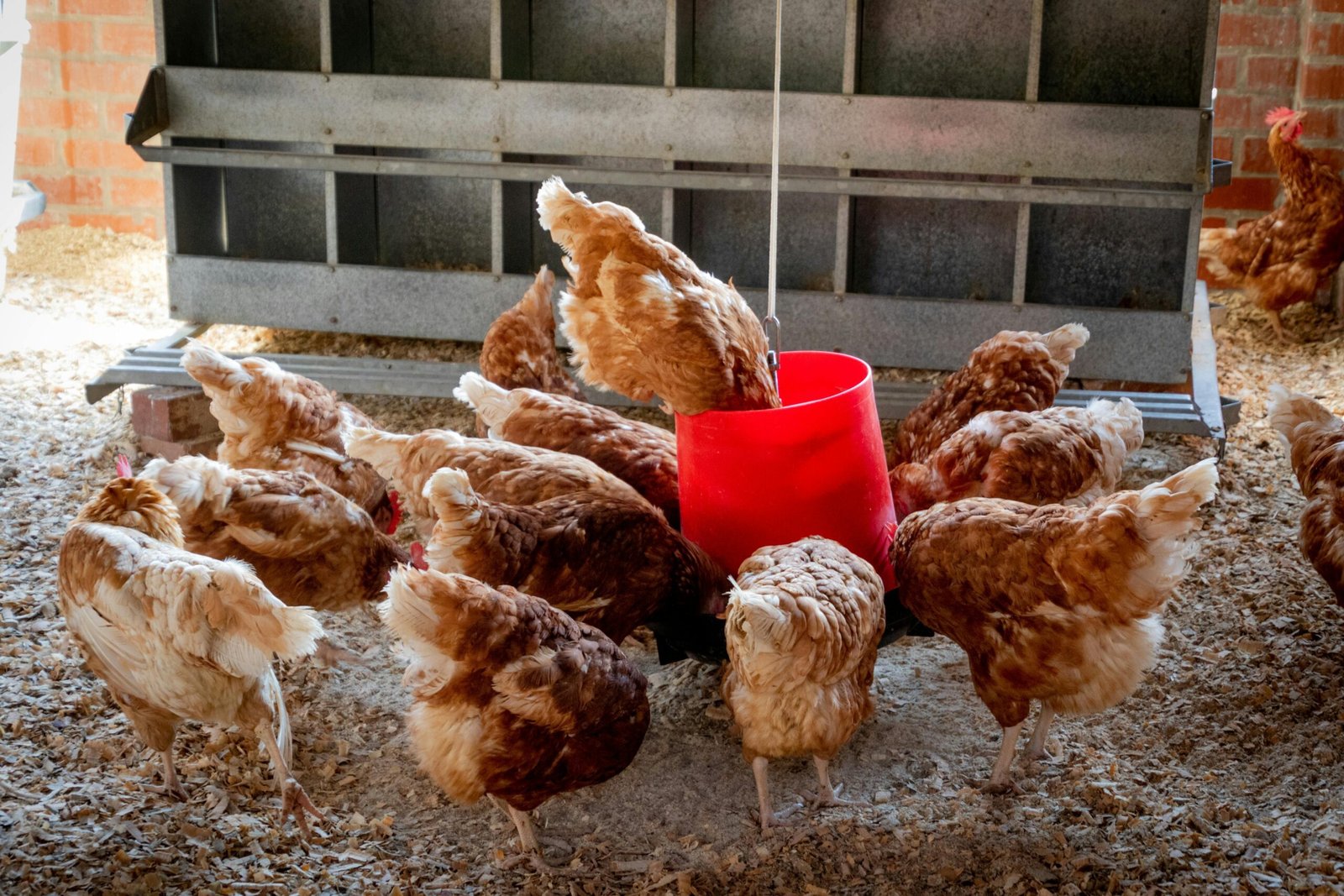
One of the most crucial aspects of raising chickens is ensuring they have consistent access to fresh water. Hydration plays an essential role in their overall health, egg production, and ability to thrive. But just how much water do chickens drink in a day? In this blog, I will break down the factors that influence water intake, provide detailed information on daily requirements, and offer tips for ensuring your chickens stay hydrated. Whether you’re a beginner or an experienced chicken keeper, understanding your flock’s water needs is key.
Average Water Consumption for Chickens
So, how much water does a chicken drink on average? While it varies based on the factors above, here’s a general guideline:
- Full-grown hen: A healthy, adult chicken typically drinks about 1 pint (0.5 liters) of water per day.
- Ranges: Water consumption can vary from as little as 0.5 pints (0.25 liters) to as much as 2 pints (1 liter), depending on temperature, activity, diet, and egg production.
As a rule of thumb, I recommend ensuring that your chickens always have access to more water than they might need. It’s better to provide too much than too little.
Why is Water Important for Chickens?
Before diving into the specifics of how much water chickens drink daily, let’s first look at why water is so vital for them. Chickens, like all living creatures, depend on water for several critical functions:
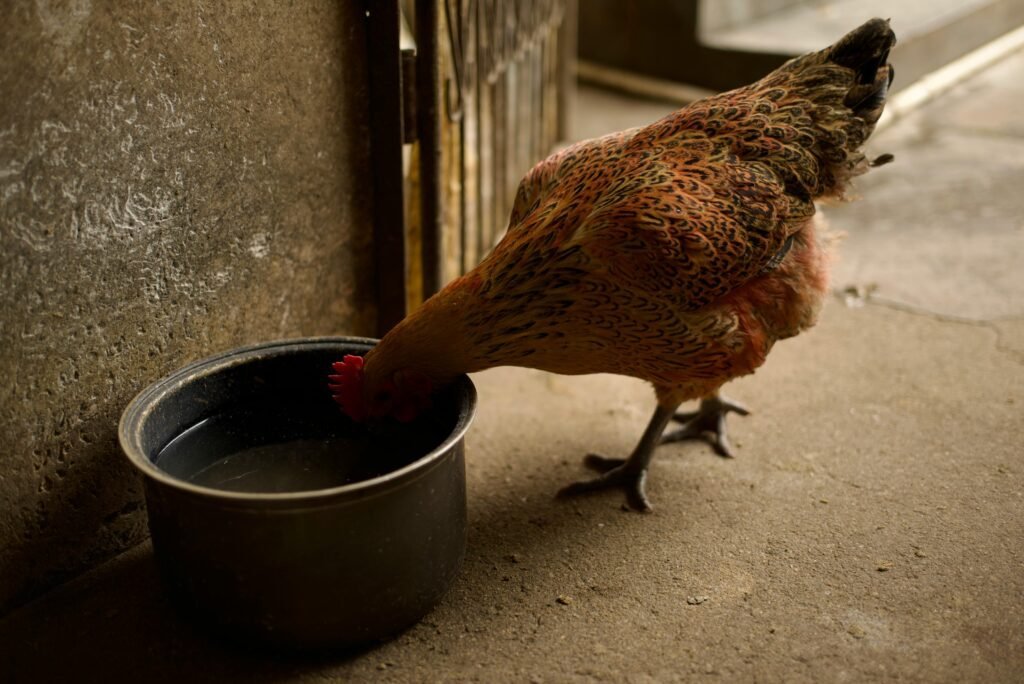
- Body temperature regulation: Water helps chickens cool down, especially in hot climates.
- Digestion: Water aids in breaking down food and absorbing nutrients.
- Egg production: Hens need a lot of water to produce eggs, as eggs are about 70-75% water.
- Circulation: Water plays a role in nutrient transportation throughout the body.
If chickens don’t get enough water, they can suffer from dehydration, which can lead to poor health, reduced egg production, and even death. That’s why I emphasize the importance of consistent access to clean, fresh water for your flock.
Factors That Affect a Chicken’s Water Consumption
Several factors determine how much water a chicken drinks each day. As you might guess, not all chickens will drink the same amount. You’ll need to consider the following variables:
1. Weather and Temperature
Weather, particularly the temperature, plays a significant role in how much water chickens consume. When temperatures rise, chickens naturally drink more water to stay cool and avoid heat stress.
- Hot climates: Chickens drink significantly more water during hot weather to help regulate their body temperature. On a scorching summer day, a chicken’s water intake can double or even triple.
- Cold climates: In cooler temperatures, chickens tend to drink less water because they are not sweating or panting as much. However, it’s still vital to ensure they have access to unfrozen water during winter months.
2. Activity Levels
Chickens that are more active, such as those that are free-ranging or have a larger area to roam, will drink more water than chickens that are confined to smaller spaces or kept indoors.
- Free-range chickens: Since free-range chickens tend to explore more and scratch around, their physical activity leads to increased water consumption.
- Caged or less active chickens: Chickens kept in smaller coops or cages drink slightly less water since they are not as active.
3. Egg Production
Hens that are actively laying eggs need more water. As mentioned earlier, eggs contain a high percentage of water, so a laying hen’s body will require additional hydration to keep producing eggs regularly.
- Laying hens: Expect laying hens to drink more water, especially during their peak egg-laying periods.
- Non-laying hens: Older hens or those not currently laying may drink less.
4. Diet
A chicken’s diet can influence how much water they consume. Certain types of feed, like grains and dry pellets, can lead to increased thirst, whereas moisture-rich foods may slightly reduce water needs.
- Dry feeds: If you feed your chickens grain-heavy or pellet-based diets, they will need to drink more water to process their food efficiently.
- Moist foods: Feeding chickens fruits, vegetables, or wet mash can help supplement their water intake since these foods contain natural moisture.
Signs That Your Chickens Aren’t Drinking Enough Water
It’s crucial to watch for signs that your chickens might not be drinking enough water. If they become dehydrated, it can quickly lead to health issues. Here are some signs to look out for:
- Lethargy: Chickens that are dehydrated may become weak and move less.
- Pale combs and wattles: Dehydration can lead to poor circulation, which results in pale or discolored combs and wattles.
- Panting: If your chickens are panting but not drinking, they may be overheating or suffering from heat stress.
- Decreased egg production: Laying hens that don’t get enough water will stop producing eggs, or their eggs will be smaller and have thinner shells.
If you notice these signs, check their water supply immediately and ensure they have access to fresh, clean water.
Best Practices for Providing Water to Chickens
Now that you understand how much water your chickens need, it’s time to look at the best ways to ensure they always have access to it. There are several factors to consider, from the type of waterer you use to the placement and cleanliness of the water.
1. Types of Waterers
There are different types of waterers you can use, each with its own advantages.
- Nipple waterers: These are highly efficient at keeping water clean since chickens peck at the nipple to release water, preventing contamination.
- Bell waterers: These are gravity-fed and are a common option for backyard flocks. They hold a large volume of water but can become dirty if not cleaned regularly.
- Automatic waterers: For larger flocks, automatic waterers that connect to a hose or water line can save time.
Seasonal Considerations for Water Consumption
Chickens’ water needs fluctuate throughout the year, especially during the peak of summer and the dead of winter. Keeping track of these seasonal changes is essential to maintaining optimal hydration and preventing health issues related to dehydration or water access problems.
1. Summer Watering Tips
The summer months can be particularly challenging for chicken keepers because chickens become more vulnerable to heat stress and dehydration. During the hot months, you’ll notice a significant increase in how much water your flock drinks. Here are a few tips to ensure they stay cool and hydrated:
- Provide extra waterers: If you have a large flock, it’s a good idea to add additional waterers around the run or coop. This ensures that every chicken has easy access to water without crowding.
- Cool the water: Adding ice cubes to the water or keeping the waterer in a shaded, cool spot helps keep the water temperature lower, encouraging chickens to drink more.
- Check water frequently: During hot summer days, check water levels multiple times a day to ensure they haven’t run dry. Chickens will drink more than usual when it’s hot, so you might need to refill waterers more often.
- Provide shaded areas: Keeping the water in a shaded area, along with offering your chickens some shaded spaces, will not only keep the water cooler but also prevent your chickens from overheating.
2. Winter Watering Tips
In winter, the challenge shifts to preventing water from freezing. Chickens still need water during the colder months, even though they may drink less than they do in summer. However, frozen water can become an issue if you’re not prepared.
- Use heated waterers: As I mentioned earlier, heated waterers are a great option for keeping the water unfrozen in freezing conditions. They are powered by electricity and ensure that chickens always have access to liquid water.
- Frequent checks: If you don’t have heated waterers, you will need to regularly check and break the ice in the waterers. It may require changing the water multiple times a day to ensure it remains unfrozen.
- Move waterers indoors: If your coop is well insulated and warmer than the outside temperature, consider moving the waterers indoors to prevent freezing.
- Insulated water containers: You can use insulated waterers that keep water from freezing for longer periods of time. Covering or wrapping waterers in insulation can also help slow down the freezing process.
The Importance of Electrolytes and Supplements
In some circumstances, especially during extreme heat or times of stress, adding electrolytes to your chickens’ water can be beneficial. Electrolytes help replenish minerals and support overall hydration, especially when chickens are at risk of dehydration.
1. Why Use Electrolytes?
Electrolytes help balance fluids and minerals in the chickens’ bodies, particularly sodium, potassium, and chloride, which are essential for nerve function, muscle contractions, and hydration. When chickens experience heat stress, lose water due to illness, or go through other stressful events like molting, they may benefit from having their water supplemented with electrolytes.
2. When to Use Electrolytes?
- During heat waves: High temperatures increase the risk of heat stress, and providing electrolyte water helps chickens stay hydrated more effectively.
- After illness: Chickens recovering from illness may not drink as much, so offering water with electrolytes can encourage them to hydrate more thoroughly.
- After transport or stress: If your chickens have been relocated or experienced significant stress (like moving to a new coop), electrolytes can help them recover more quickly.
3. How to Administer Electrolytes
You can find powdered electrolyte mixes specifically designed for poultry at most farm or feed stores. Mix them with water according to the package instructions, and offer the electrolyte solution in a separate waterer. Make sure your chickens still have access to plain water as well since they should have the choice to drink either one.
Recognizing and Treating Dehydration in Chickens
While chickens are generally good at regulating their water intake, there are times when dehydration becomes a serious issue. It’s important for you to recognize the signs of dehydration early so that you can intervene before it impacts their health severely.
1. Signs of Dehydration
- Lethargy: A dehydrated chicken may appear listless, inactive, or unwilling to move.
- Shrunken comb and wattles: Dehydration can cause a chicken’s comb and wattles to look pale, shriveled, or sunken.
- Panting: Chickens will often pant in hot weather as a way to cool themselves down, but excessive panting could be a sign that they’re struggling to stay hydrated.
- Loss of appetite: Chickens that aren’t drinking enough water will also eat less, which leads to further health complications.
- Thickened skin or delayed feather growth: If the skin or feathers look abnormally dry or weak, it may be a result of chronic dehydration.
2. Treating Dehydration
If you suspect that one or more of your chickens is dehydrated, immediate action is necessary.
- Move them to a cool place: Get them out of the heat if dehydration is caused by high temperatures.
- Offer electrolyte water: Electrolytes will help them rehydrate faster than plain water.
- Feed water-rich foods: Giving chickens fruits like watermelon, cucumbers, or other water-heavy foods can encourage them to consume more fluids.
- Encourage small sips: You can use a dropper to administer small amounts of water directly into a chicken’s mouth if they are too weak to drink on their own.
In severe cases, if a chicken is not responding to treatment or continues to deteriorate, you may need to consult a veterinarian for further advice and possible fluid therapy.
Final Thoughts
Understanding how much water chickens drink in a day is essential for every chicken keeper. By considering the various factors that influence their hydration needs—such as weather, activity level, egg production, and diet—you can better ensure that your flock stays healthy and productive.
Water intake can range significantly, but on average, chickens drink about 1 pint (0.5 liters) daily. However, this number can increase or decrease based on environmental conditions and individual chicken needs.
